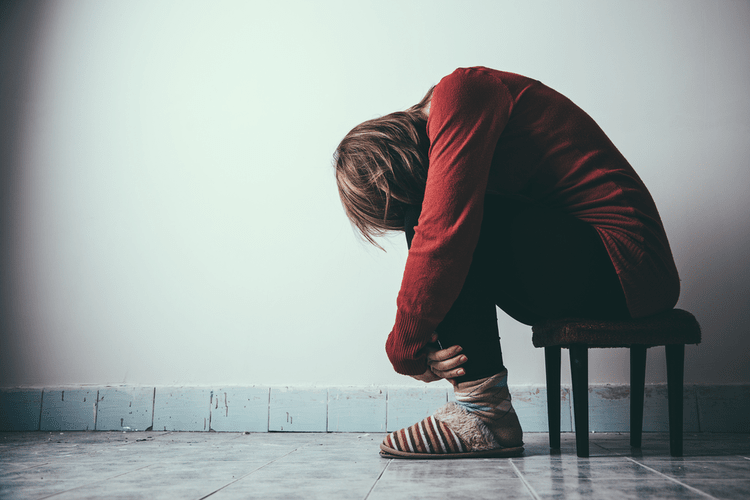Quitting alcohol can help reduce the depression and anxiety that alcohol can bring and significantly improve your situation in life, increasing your overall happiness. A day and a half after quitting alcohol, withdrawal symptoms will intensify. New symptoms will develop, including clammy skin, nausea, jumpiness, insomnia, depression and loss of appetite. As new symptoms develop, they will become more and more intense as withdrawal progresses. The initial week of sobriety for heavy drinkers usually involves significant physical and emotional 1 year clean and sober symptoms as the body adjusts to the absence of alcohol.
But all of the symptoms above come long before sobriety fatigue has a chance to set in. Research indicates that social support systems, particularly self-help groups, play a critical role in this stage. Individuals benefit from feeling part of a community, learning coping skills from peers, and having a non-judgmental environment to share experiences. Three weeks in, you’re likely to experience a noticeable upswing in both physical and mental health markers. It’s essential to stay hydrated, maintain a balanced diet, and seek support during this time—whether from friends, family, or healthcare professionals.
So, why do alcoholics tend to escalate their drinking over time? One reason they drink more is because more alcohol is needed to fill in for GABA, which becomes ever more scarce in their brains. Additionally, more is needed to suppress glutamate, which as mentioned before, causes feelings of stress that set in a few hours after drinking sessions end.
The longer you abstain from alcohol, the more your body and brain will heal and the better you will start to feel. After a couple of months of not drinking, you will notice that you are losing weight. Your experience after cutting out alcohol will greatly differ based on your previous level of drinking. Those who were light drinkers, moderate drinkers, heavy drinkers, and those with an alcohol use disorder will face different challenges and will need to take different approaches. Take our free alcohol addiction alcoholism assessment to help determine the severity of your alcohol use.
This might leave you feeling drained and unenthusiastically lethargic. Though the brain takes longer to fully heal from alcohol use, many individuals report improved memory and cognitive function by this point. This phase of recovery is critical in solidifying new habits and staying on the path of sobriety. These changes in the brain’s reward network can directly contribute to sobriety fatigue. Without the motivation to seek out fun and healthy activities, or even to stay productive at work, school, or home, you can simply feel exhausted.
Alcohol creates a chemical imbalance by flooding the brain with dopamine. So it attempts to correct things by producing more GABA, the inhibitory neurotransmitter that calms things down. Our brains release dopamine in response to or anticipation of things we enjoy, like certain foods, sex, buying a new shirt, or seeing a loved one. Dopamine is a neurotransmitter, which means it acts as a chemical messenger between neurons. It plays a critical role in the reward system in our brain.

Our body’s do their best to adapt to this toxin which is being repeatedly introduced into the system. Nature does what it can to attempt to maintain homeostasis. When the drug (alcohol in this case) is removed however, it takes the body some time to adjust and begin to produce the right amount of certain hormones and neurotransmitters again. The factors that are often overlooked are often situational.
Around day 10, you might experience your first full night of quality sleep. You might realize you’re having more dreams than you did before, and waking up feeling more rested and energized. There are hundreds of people that have gone through the same thing that you are going through now. They have come out of it a winner, which means that so can you!

As physical symptoms begin to subside, the focus shifts to addressing the psychological and emotional aspects of alcohol withdrawal. This stage is crucial for developing the skills and support system necessary for long-term recovery. As you progress through the first week of alcohol withdrawal, symptoms may intensify. This period carries the highest risk for severe complications, such as seizures and delirium tremens (DTs). DTs are a dangerous condition characterized by extreme confusion, rapid heartbeat, and high fever. Delirium tremens occurs in approximately 3% to 5% of individuals undergoing alcohol withdrawal.

It’s important to note that delirium tremens is extremely dangerous and can be fatal if left untreated. Approximately 3% to 5% of heavy drinkers experience DTs when withdrawing. Alcohol withdrawal happens when the alcohol leaves your body https://ecosoberhouse.com/ so quickly that your brain hasn’t had time to adjust. I now see my health, and my physique, as an extension of my will – and even my creativity. I would not do well in a bodybuilding competition, but that’s not my goal.

Blossom Plus is a growing company dedicated to providing high-quality products. Our commitment to excellence is reflected in every aspect of our business, from material selection to final delivery. We aim to enrich our customers’ lives through unparalleled quality solutions.